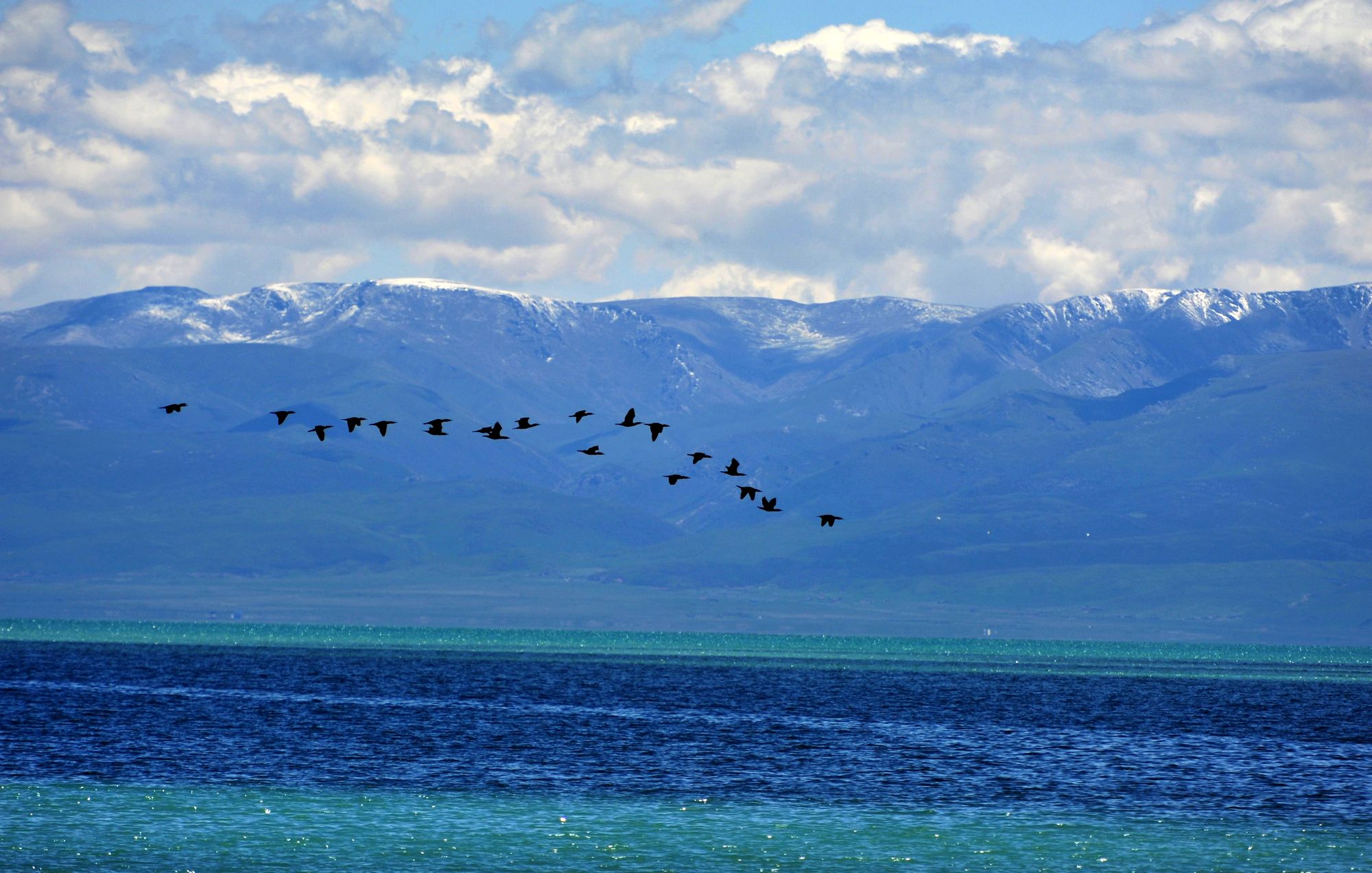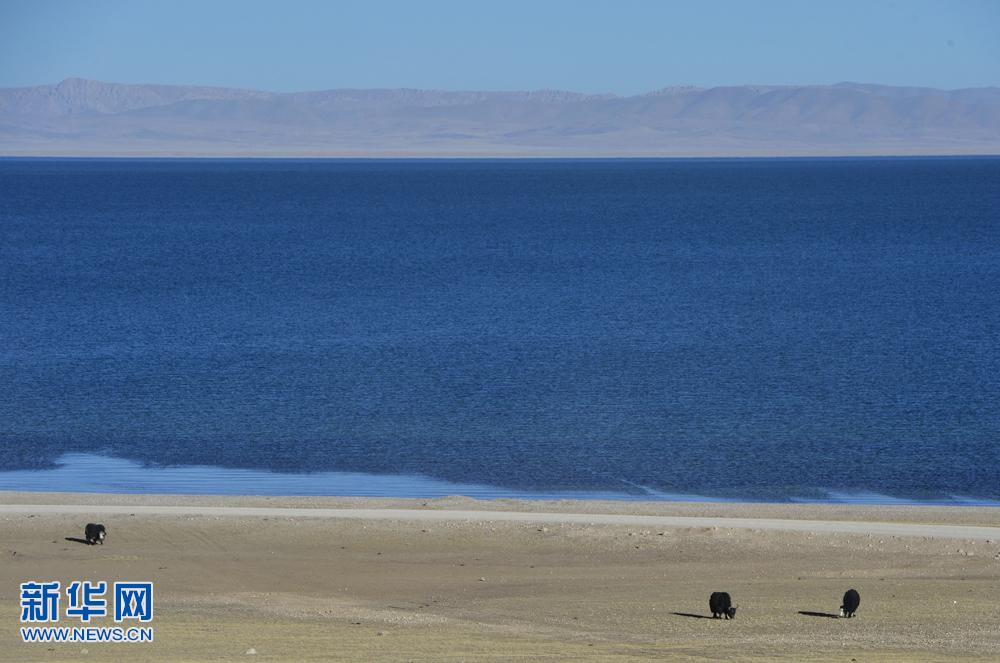China starts 2nd scientific expedition to Tibet plateau
China on Saturday began its second scientific expedition to the Qinghai-Tibet Plateau to study changes in climate, biodiversity and environment over the past decades.
The expedition will last five to 10 years and the first stop will be Serling Tso, a 2,391-square-kilometer lake that was confirmed to have replaced the Buddhist holy lake Namtso as Tibet's largest in 2014.
In the coming month, Chinese Academy of Sciences (CAS) will take more than 100 scientists to the lake area and the origin of the Yangtze, China's longest river. They will make a comprehensive survey of the plateau glaciers, climate change, biodiversity and ecological changes, said Yao Tandong, an academician with the CAS.
"Great changes have taken place in the plateau's resources and environment since the first scientific expedition," said Yao, director of the CAS Institute of Qinghai-Tibet Plateau Research. "We need further research to find out ways to cope with these changes."
China's first comprehensive scientific expedition to the Tibet plateau began in the 1970s and covered more than 50 disciplines including geologic structure, prehistoric life, geophysics, climate, zoology and botany.
"The scientists reported major discoveries and filled many gaps in plateau research," said Yao.
The new round of research, he said, will focus on changes.
Study will measure the impact of climate change on the ecology of the plateau and neighboring areas. "The plateau climate is becoming warmer and more humid," said Xu Baiqing, a CAS researcher and chief coordinator for the lake study.
The potential benefits and risks of climatic changes would be assessed and proposals for conservation and rational development of resources formulated.
The researchers will provide data and suggestion for the building of a national park in the Serling Tso lake area, he said.
In addition to the origins of major lakes and rivers, the expedition will also take scientists to the China-Pakistan Economic Corridor and a pass linking to south Asia.
Your Comment
Name E-mailRelated News
-
;
-
-

-
Specialty products of Qinghai-Tibet Plateau debut in Beijing
On May 20th, an expo for specialty products and ecological livestock industry of the Qinghai-Tibet Plateau was held in Beijing.
-
-
-

-
Chinese scientists uncover variations of lakes on Qinghai-Tibet pl
Scientists have identified three distinct periods over the past four decades that feature notably different variations of lake area and volume on the Qinghai-Tibet plateau.
-
-
-

-
Qinghai-Tibet Plateau was "warm", "lowland" 26 million years ago:
Latest research from China's scientists shows that 24 to 26 million years ago the Qinghai Tibet Plateau was still a piece of warm and humid lowland.
-
Based in Lhasa, Tibet Vista is a Tibet travel agency that specialized in Tibet permit, and Tibet tours for both private and group travelers at a local price!
•4 Days Lhasa City Group Tour from USD 460 •8 Days Everest Base Camp Group Tour from USD 850 •15 Days Mt.Kailash Group Tour from USD 1780 •2016 Tibet Train Tours from Beijing, Shanghai, Chengdu, Xining,etc










